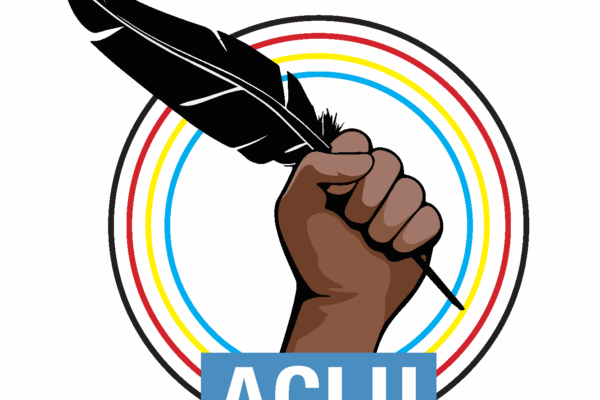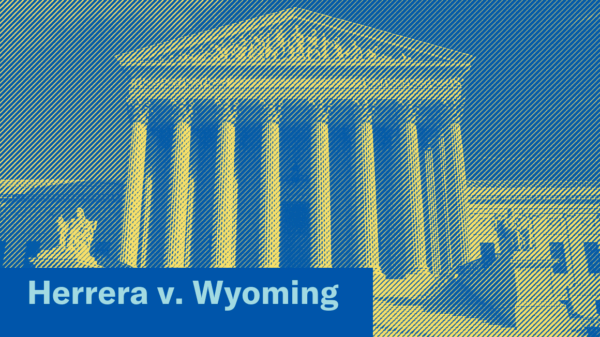• Clayvin Herrera was cited for illegally taking an elk out of season and in violation of Wyoming hunting licensing laws.
• Clayvin asserted immunity through his federal treaty hunting right. On July 2, 2015, he filed a Motion to Dismiss Under the Supremacy Clause of the United States Constitution and the Fort Laramie Treaty of 1868. Wyoming opposed Clayvin’s motion to dismiss the citations.
• The circuit court ruled against Clayvin’s pretrial motions, refused his immunity from prosecution, and set trial for April 27, 2016.
• The circuit court held that the establishment of the Big Horn National Forest extinguished any treaty rights the Crow possessed to hunt on that land. Additionally, it held that Clayvin is bound by Wyoming conservation efforts and their game regulations while hunting in Wyoming.
• Clayvin moved for reconsideration.
• The circuit court reaffirmed its original ruling and prohibited Clayvin to present any evidence at trial pertaining to his treaty hunting rights.
• The jury trial lasted three days, April 27-29, 2016. Because of the circuit court’s order that Clayvin not assert his treaty hunting rights, a jury convicted him and ordered him to pay $8,080 in fines and court costs. He received a one-year jail sentence that the court suspended, and his hunting privileges were suspended in Wyoming for three years.
• Clayvin appealed this conviction on May 26, 2016.
• The Fourth Judicial District of Wyoming affirmed the circuit court’s order on April 25, 2017.
• Clayvin petitioned to the Wyoming Supreme Court. The Court denied his appeal with no explanation.
• On October 5, 2017, Clayvin asked the U.S. Supreme Court to hear his case.
• On June 28, 2018, the Supreme Court of the United States announced it would hear his case.
• Oral argument is set for January 8, 2019, and a decision is expected in the spring of 2019.


